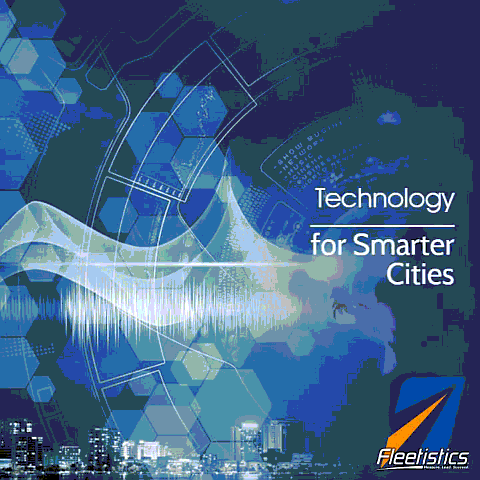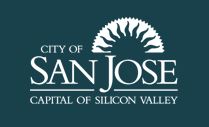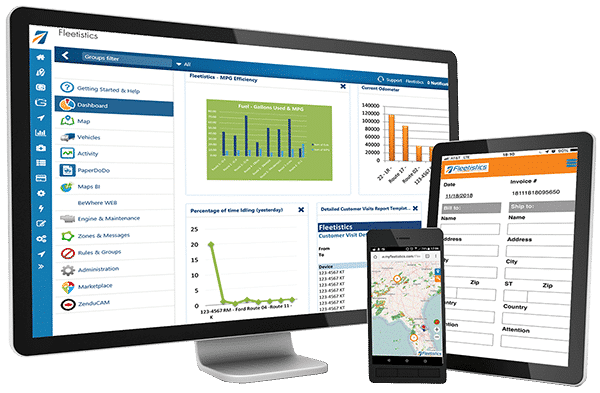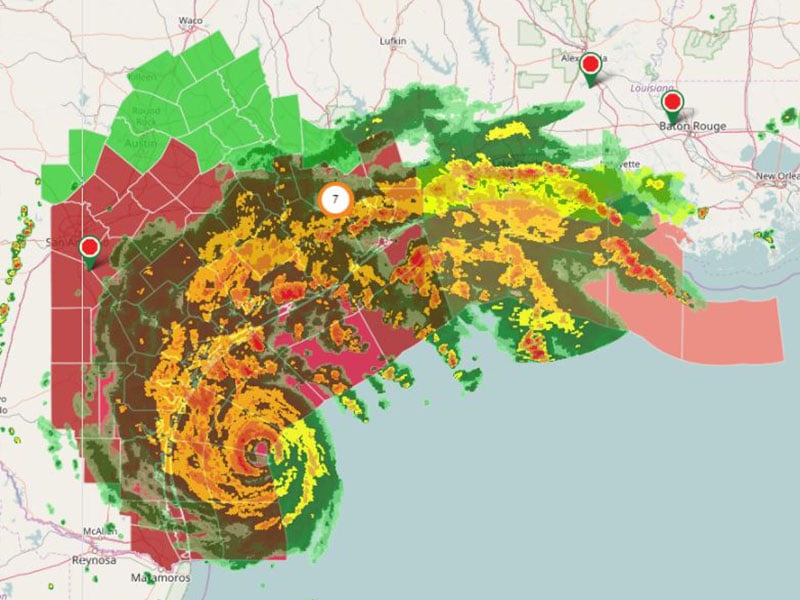
Smart City Technology is All Around Us
Smart City Technology is surfacing all over the United States. To most of us, smart city is a broad term used to describe how technology will make things better in the future, but it is hard to come up with a quick example of how technology actually makes a city smarter.
Smart 50 Awards in partnership with Smart Cities Connect honors the 50 most transformative smart projects each year. Among 2020 award recipients are several projects that rely upon GPS tracking and telematics. With that in mind, we have picked three of the 50 award winning projects to share with and inspire our readers. The official summaries of those winning projects follow.

Smart City San Jose, CA
Emergency Response Times Improved
San Jose transformed traditional emergency vehicle preemption through a multi-domain solution expanding Central Traffic Management, integrating real-time CAD, and connecting vehicle presence. The results: response times fell by 24 seconds per trip benefiting life and safety; reduced accidents for first responders; and over $1.5 million in higher reimbursements.
After failing to meet mandated response times, the City of San Jose sought methods to improve response times. Traditional means to improve response times was through the further deployment of emergency vehicle preemption hardware to allow emergency vehicles faster passage to their destinations. In late 2016, emergency vehicle preemption equipment had been deployed at approximately one-third (or 336) of the city’s signalized intersections. Because this system required hardware installation at each intersection signal, system expansion and ongoing maintenance was too costly– at a rate of approximately 15 intersections per year, and an average cost of $15,000 per intersection and total cost of $9 million.
The City of San Jose made the decision to take a new approach to providing emergency vehicle preemption that leverages existing infrastructure and software systems already in use and eliminating the need for costly new hardware installation and maintenance. Creating a solution that is geo-aware, route in advance, real-time, and fast to deploy protects the lives and safety of residents, protects first responders from high in-transit accident rates, and provides the City with significantly higher revenue in the form of reimbursements.
Response times fell by 24 seconds per trip, preserving life and safety for residents Pre-cleared intersections reduce accidents for first responders in transit -Meeting response thresholds enables over $1.5 million in higher reimbursements from County partners -Solution saves the community 90% of the cost of traditional emergency preemption.

Smart City Pittsburgh, PA
Trash Collection Improvements
The data gave them confidence in the decision to consolidate all of their containers into a centralized litter division, and also to reduce the staff responsible solely for picking up trash from 25 crew members down to 9. The 16 additional staff members have time to work on other tasks, which had been de-prioritized with the focus on trash collection. By picking up only the containers reaching 75% or 90% full, the city is saving money on truck drivers, laborers, fuel costs, equipment costs, and depreciation costs from the reduced wear and tear on collection trucks. Drastically cutting the amount of time these trucks are on the road also dramatically reduces the city’s environmental impact.




